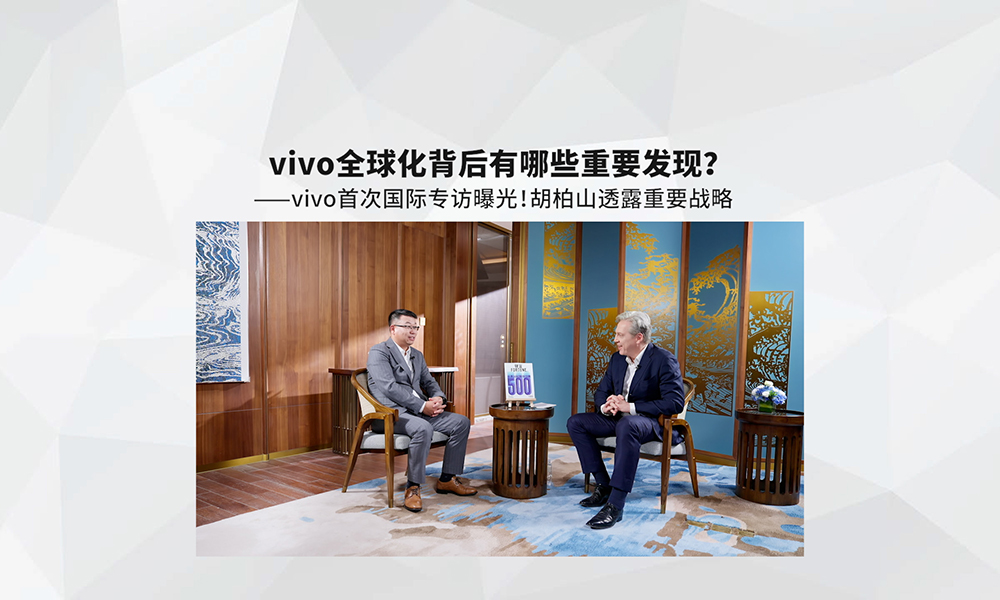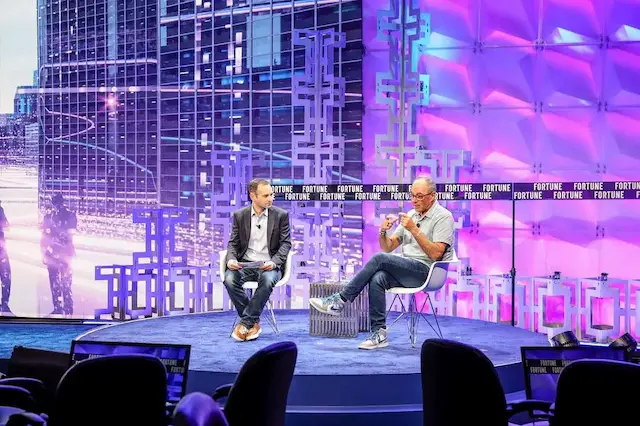只有“刺猬”型领导者才能真正改变世界
|
我们身处一个科技潜力看来永无止境的时代,因此,有很多人认为,能让世界大变样已经不算什么意外了。事实是,很少有人会实现雄心壮志。那么,成功做到的人有什么秘笈呢?
我希望能给所有期望改变世界的人一些帮助。这些人主要是高校里的莘莘学子,也有活跃在谷歌这种大企业或者比尔•盖茨基金会等非营利组织的活动家。
过去八年,我写了十位真正改变世界的人,无论用什么标准评判,他们确实改变了世界,而且影响不仅停留在他们生活的时代,一直流传至今。这些任务不单单是伟大的思想家,还得是实干家——他们亲身推动文明步入更高层次,引领人类迈进全新的纪元。
最初着手研究这十位任务的人生经历和所处的年代时,我不知道他们会不会有什么共同点。毕竟,他们生活的时代不同,获得成就的领域也各不相同。当我完成研究开始动笔时才想起要问:“如果把这十人视作一个群体能观察出什么?他们如何获得成就的?”
我得出了三大结论。
其一,用哲学家以赛亚•柏林的著名划分法来看,这十位全是“刺猬”型人,都不是“狐狸”型人。刺猬型人只知道一件大事且只做这件事,从病理学角度看,这类人孜孜不倦地追求一元价值。狐狸型人则追求多个目标,但都浅尝辄止。
刺猬型人的一个典型例子是法国政治经济学家让•莫内。第一次世界大战期间,二十出头的莫内沉迷于拉近欧洲国家之间的关系,他一直做各种尝试,一直到1951年创立欧盟的前身——欧洲煤钢共同体很久。
同样地,美国商人赛勒斯•菲尔德也是这类人。他认为大西洋两岸传送电报可能是史上最重要的全球通信工程,所以在二十多年时间里心无旁骛地努力,就屡试屡败,屡败屡试,直到实现目标。
其二,以我对这十个人成就的了解,他们并没有改变了历史长河的流向,只是加快了历史的进程。他们的成功也要感谢所处环境存在机遇,他们只是比其他同行更迅速把握了机遇,也利用得更充分。换言之,他们成为英雄是需要一些特殊客观条件的。
上世纪80年代的英国前首相撒切尔夫人就是一例。她是一位具备高超技巧的政治家,有能力主导激进的社会变革,以自由政策取代社会主义。但让她之所以推进得顺风顺水,是因为此前十年英国政策全盘失败,经济濒临崩溃,政府已经没法有效治理国家,那种情况下民众亟需、也愿意接受大刀阔斧的改革。
我还可以举出一个类似的人物——上世纪中国领导人邓小平。在中国封闭三十年后,他启动了改革开放,他的巨大成就正是建立在之前混乱的基础之上,三十年的自我封闭导致中国错过了与东亚各国一起发展的黄金期,数千万的中国人也身陷苦难。
其三,虽然我研究的十位人物都做出了巨大的社会贡献,让原本沟通不畅的社会关系变得紧密,可那并非他们的初衷。他们根本没考虑过全球化,想的都是别的事情,比如个人权力、积累财富、维护确保个人地位等。每个人面前都是一堆不得不解决的问题。
15世纪,葡萄牙航海家亨利王子主持修建船只,组织船队,采用最先进的航海技术,让葡萄牙和其他欧洲国家的探险者最终能抵达亚洲和美洲,由此成为欧洲航海探险之父。虽然亨利王子自称航海主要目的是传播基督教,但彼时葡萄牙王室穷困潦倒,国王的第三子亨利更主要的目的是找新办法赚钱并提高声誉。
18世纪末,罗斯柴尔德家族创始人梅耶•阿姆谢尔•罗斯柴尔德出身于欧洲最受压迫的犹太人贫民窟。但后来他和五个儿子一起创立了当时全球最有影响力的私人银行,还一手缔造了全球债券市场。尽管如此,我怀疑他们有没有考虑过让世界更和平、更相互融合。他们只不过想发家致富。
因此,总结成功人士经验的过程中我发现一个道理:假如要寻找真正会改变世界的人,要小心那些不管多么努力,但精力十分分散的人。不要轻信那些自称在创造历史、而没有跟随历史潮流而动的人;也不要相信那些过于理想主义的人,哪怕再虔诚也不行。这些人可能小有成就,但很难成为真正引领变革的领导者。
作者杰弗瑞.E.加藤系耶鲁大学管理学院名誉院长,著有《从丝绸到硅谷:以十段非同寻常的人生道路讲述全球化》一书。
译者:Pessy 校对:夏林 |
I wish I had a nickel for every person who aspires to change the world. They can be found at corporations such as Google GOOG 0.53% , in not-for-profit organizations such as the Bill & Melinda Gates Foundation, among students in countless universities. Given our age of seemingly limitless technological possibilities, maybe it’s not surprising that so many people feel they can make dramatic change happen on a massive scale. The truth is, however, very few men and women will achieve such ambitions. But for those who do, what is the recipe?
Over the past eight years I set out to write about 10 people who, by almost any measure, actually didchange the world. Their achievements had to be so spectacular that they not only changed their world, but that the impact of what they did extended to our era, as well. The characters couldn’t be just great thinkers but instead they had to be doers — people who ushered in a whole new age by rolling up their sleeves and driving civilization to a higher plane.
When I began my research into the lives and times of these 10 path breakers, I had no idea what they would have in common, if anything. After all, they lived in different eras and their achievements were in vastly different fields. It was only after I researched and wrote about them that I sat back and asked, “What observations could I make about the ten as a group? How did they achieve what they did?”
I drew three major conclusions.
First, all my protagonists were, in the famous words of philosopher Isaiah Berlin, “hedgehogs” and not “foxes.” Hedgehogs know and do one big thing. They are pathologically relentless in pursuit of a single, big idea. Foxes pursue multiple projects but in a shallower way. A good example of the former is Jean Monnet. From his early twenties during World War I, he was obsessed with closer relations among European nations, and he pressed for that until well after he had created the European Coal and Steel Community in 1951, the forerunner of the European Union. Likewise, Cyrus Field oversaw the building of the transatlantic telegraph, possibly the most important global communications project in history, over a period of some two decades during which he did nothing else but try and fail, over and over, until he got it all right.
Second, as far reaching as their achievements were, none of my characters bent the river of history. Instead, they just quickened the currents. They succeeded because historical circumstances gave them the opening, and because they seized the opportunity quicker and better than others who might well have done the same thing. In other words, they needed exceptional preconditions to rise to truly heroic levels. A case in point was Margaret Thatcher in the 1980s. Yes, she was a highly skilled politician who could make a crystal clear case for radical change in the form of replacing socialism with laissez faire policies. But the great winds in her sails came from the utter policy failure of Great Britain for the previous decade, a near collapse of the economy and a breakdown in effective governance that made the population demand and accept radical change. I could make a similar argument with Chinese premiere Deng Xiaoping, who opened China to the world after Mao’s three decades of having sealed itself off, and whose great advantage was that his predecessor’s policies were an abject failure, forcing China to miss out on all the progress that was happening in East Asia and created misery for hundreds of millions of its citizens.
Third, while each of my protagonists was responsible for a huge advance in bringing heretofore disconnected societies closer together, that wasn’t their goal. They didn’t care a wit about globalization. They were preoccupied with something else –personal power, amassing wealth, insuring their own stature — and they were all riveted on a set of problems before them that they had to solve. In the fifteenth century, Prince Henry built the ships, organized the crews, and brought to bear the latest nautical techniques, allowing Portuguese and other European explorers to eventually reach Asia as well as the Americas. In the process he became the father of European seaborne exploration. While Henry said his principal aim was spreading Christianity around the world, as the third son of an impoverished king his bigger purpose was generating an income and a reputation that he could achieve by no other means. Mayer Amschel Rothschild climbed out of Europe’s most oppressive Jewish ghetto in the late eighteenth century to build, together with his five sons, the most powerful private bank the world had seen and virtually create the global bond market. Nevertheless, I doubt they gave a thought to building a more peaceful, integrated world. They just wanted to get rich.
So one moral of the story is this: If you are searching for men and woman who will reallychange the world , beware of those whose efforts, no matter how monumental, are too scattered. Look askance at those who claim they are creating history rather than taking advantage of its ebb and flow. And be suspicious of those who, even with the utmost of sincerity, profess excessive idealism. Such people may well do wonderful things, but they are likely to fall short of real transformational leadership.
Jeffrey E. Garten is dean emeritus of the Yale School of Management and author of From Silk to Silicon: The Story of Globalization Through Ten Extraordinary Lives. |











